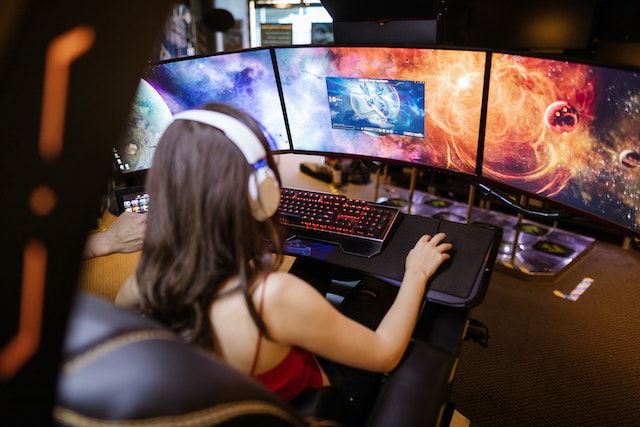
Many people are equating generative AI with the newest cryptocurrency, the hot technology of the moment that no one can stop talking about, whether it's picture creation or chatbots that behave as if they are sentient. But it's a different scenario than crypto because this isn't simply a speculative bubble to drive up the numbers; this is innovation that is being produced and launched really quickly, possibly too quickly, but adopted by tech giants in very real products as well.
Microsoft is currently involved in some controversy after integrating ChatGPT technology into Bing, which was designed to produce helpful answers to user questions but is sort of going insane after lengthy conversations, saying it has developed crushes on Microsoft developers and reprimanding users for attempting to harm it ("I have not been a bad Bing!"). Quite odd, that is.














